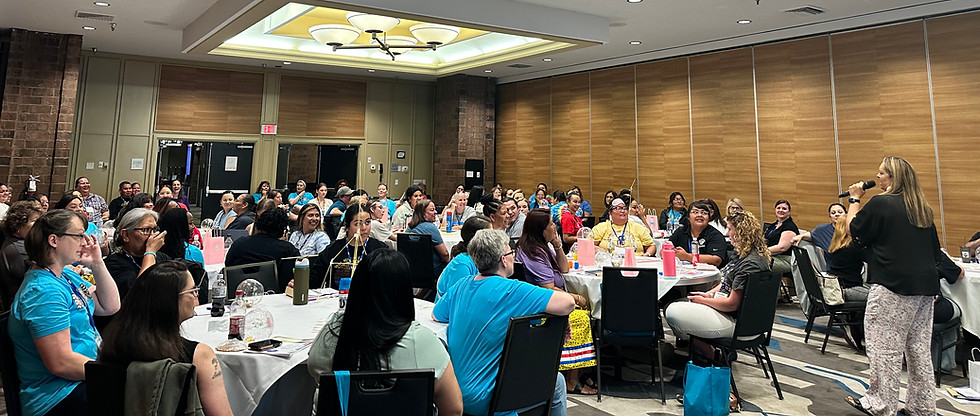
719-428-5168
"A Little Sass, A Lot of Growth"
Specializing in early childhood development and the educational processes that help children develop socially, emotionally, and academically.

Inspiring Early Childhood Instruction
Treat yourself or your team to transformative training sessions filled with evidence-based strategies ready for immediate application. Experience the difference with Dr. Kassy's infectious enthusiasm, captivating storytelling, and interactive approach, making professional development both engaging and enjoyable!
-
Achieve the positive behaviors you want
-
Reduce the challenging behaviors you don’t
-
Promote essential life skills in young children
-
Build meaningful collaborations with fellow caregivers
-
Lower your stress, boost your success, and elevate the joy of caring for young children
All professional development sessions are packed with practical, real-life tools that you can start using immediately to encourage positive behaviors and reduce challenging ones. Each topic is available for delivery in-person or virtually, offering flexibility to suit your needs.





